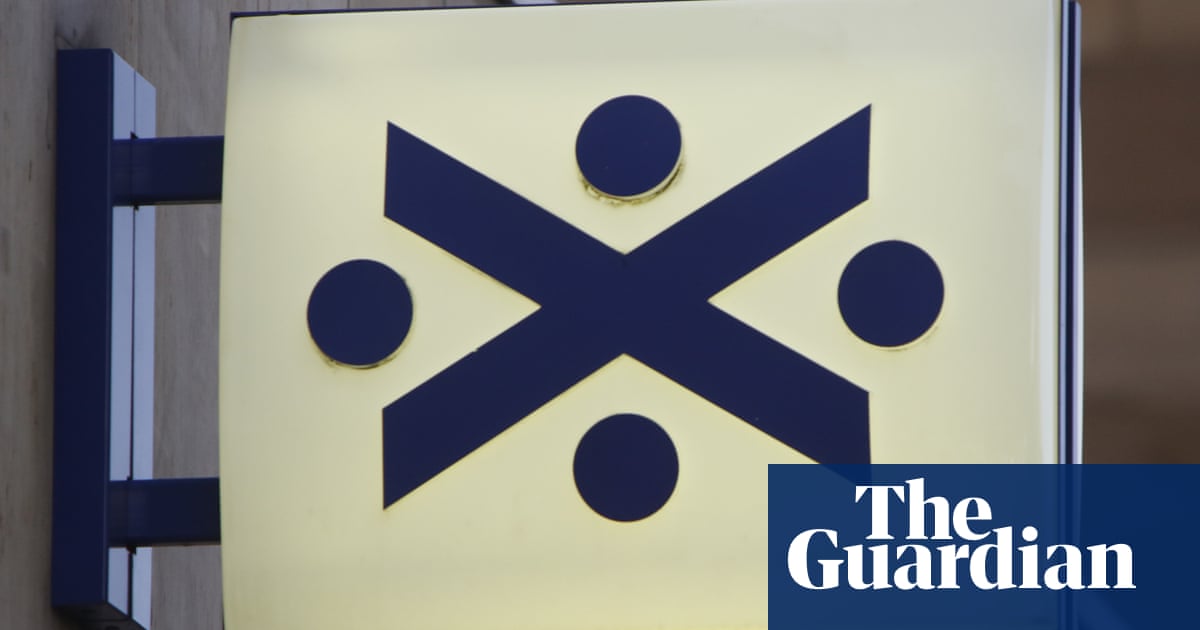
“Boys, the verdict is in.” Inside Manchester crown court, it was time to say goodbye (momentarily, I hoped) to the four boys I had spent so much time with over the months they had been in court. I hugged each of them, all of us silently wondering what it meant that the jury had returned a verdict so quickly after the long, nine-week trial.
The four boys, along with six others who had been kept on remand, were on trial for conspiracy to murder – even though most were not accused of physically harming anyone.
One of the boys, Ademola Adedeji, got in touch with me after he had been arrested in 2021. He had connected with our work at Kids of Colour when he was younger, and knowing our commitment to challenging the policing of racialised young people, he reached out again. In 2020, three days after he had found out his best friend had been killed, he had sent a few messages in grief and anger, spanning a total of 20 minutes. Nothing came of what he said, but a month on from those messages, one boy caused direct harm while another was present at harm. (Those two boys, I believe, were also failed, having experienced things pre-harm such as school exclusion and exploitation.)
With the existence of harm, black friendships and the ability to create “dangerous associations” through a “gang” narrative, 10 boys were thrown into the injustice system on a conspiracy to murder charge in a case with no fatalities and no victim co-operating.
As the first four boys were found guilty of conspiracy to murder, my body went into overdrive. Then came the next six, accused of conspiracy to cause grievous bodily harm, including Ade and the other three boys who I knew. I could hear a wailing, and as the judge said, “If you can’t take the verdict quietly, you must leave”, I realised the sound was coming from me. The punishment: a collective 131 years.
Ade was denied permission to appeal earlier this month, and a scorching New York Times piece has brought international attention to his case. The piece describes prosecutors relying on guidance from the CPS around conspiracy charges to “charge people who have done little or nothing to carry out a crime, and they can introduce evidence that might otherwise be excluded. In Ade’s conspiracy trial, that meant his posts on Instagram, his Snapchat texts, even the drill rap videos he watched on YouTube could be used to paint him as a hoodlum.”
Before the trial started, I had felt more certain that the boys would go to prison. I knew the history of guilt by association and joint enterprise cases in Manchester, and those with lived and academic experience had made clear that there is no escaping the “gang” label – which is far more likely to be applied when defendants are black. But naively, I took hope from the trial, which I tweeted about each day. Prosecutors used a meaningless video they alleged was Ade (to many, it was clear that it wasn’t) as proof of “gang” membership. A photo of an “opposing gang”, supposedly from Rochdale, turned out to be a London music group. And as each boy gave evidence, I saw another child who had lost a friend and was journeying through grief.
But the jury did not see what we see in each boy. They did not see how Ade leads with kindness each day, how his little brother curls up in his lap for a cuddle, or how he watches movies in bed with his mum. They did not see him when he gleefully shouted, “I love this song!” in the supermarket across from court upon hearing Kiss Me by Sixpence None the Richer. They did not see him walk me to the tram stop after court to make sure I was OK, while babbling on about why Grey’s Anatomy was a must-watch. They did not see his baby face and deep dimples when he smiles, or that he was simply in pain when his friend died, nothing more. They did not see him at all. Instead, we live in a world where the media, politicians and police all tell the public that black boys equal a “gang”.
The morning of the verdict, Ade and I went to eat French toast before court, because he had never tried it before. Over breakfast he was melancholy, but reflected tenderly on his love for his dad, how he had come to understand him more and how their relationship was thriving. Ade’s love for his family and community is always deeply woven into his thoughts.
That night, I remembered that I still had the boys’ phones. I turned on Ade’s. Now families knew, it was important to update friends: we often forget the hundreds of children and young people affected as collective punishments take hold. The only way I could describe his inbox, would be to say it was like he was midway through a phone call, then got hit by a car. He had told his friends he was going in for the verdict, and he had lots or replies. “Ade?” “What’s happened?” “Are you there?”
But he wasn’t there. He and the others had been stolen from us by a state that relies upon racialised and working-class people being dead, poor or imprisoned to maintain its power. One that cares not for supporting young people or healing communities, but that prioritises being “tough on crime” to win elections.
Roxy Legane is the founder of Kids of Colour












